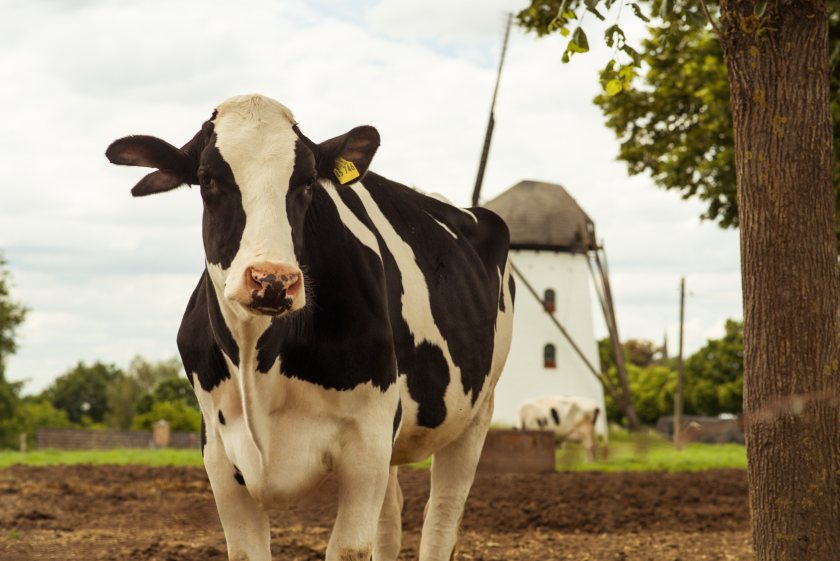
Dairy farmers in north-western Europe could see milk production fall by as much as 20% by 2035, a new report by Rabobank highlights.
Farmers in this region of Europe - including Denmark, Germany, the Netherlands, and Belgium - face 'significant challenges' due to a structural decline in milk production.
This trend is impacting operational efficiency and financial stability, the report warns, leading to potential revenue losses and heightened competition for milk.
Dairy co-operatives are under particular strain as they also contend with the withdrawal of capital by members.
The EU dairy industry in this part of Europe has seen considerable growth over the past decade, driven by the removal of milk quotas and positive economic factors.
Now, the region is showing signs of a structural downturn in milk production due to "an extended period of weakened margins, environmental regulations, labour shortages, and increased climate volatility".
Looking ahead, the decline in milk production could be stronger than previously anticipated, Rabobank says, as deadlines for water-quality approach and ammonia-reduction targets intensify.
The multinational banking group's projections indicate that milk production could fall by as much as 20% by 2035.
Its report presents two potential scenarios for the industry: the base case would mean a 13% decrease in milk production, erasing nearly all the production growth since 2010.
A more drastic downside scenario projects a 20% reduction: this downside scenario poses a risk of significant revenue losses and capital constraints, with cooperatives likely to be the hardest hit.
Richard Scheper, analyst for Rabobank said: “In light of these challenges and given any of the projected scenarios, dairy companies will be forced to shift their focus to high-value products such as specialty proteins, branded consumer goods, and cheese.
“This move would counterbalance rising costs and preserve market competitiveness as milk processing capacities exceed supply.”
According to Mr Scheper, clear and consistent policy measures are key to facilitate a smooth transition to more sustainable farming practices and lessen the effects of reduced milk volumes.
He encourages dairy companies to take proactive measures to avoid having to make more drastic adjustments in the future.
“As the industry braces for change, dairy producers must prepare for potential financial challenges and consider consolidation as a means to adapt to the evolving market landscape.”
